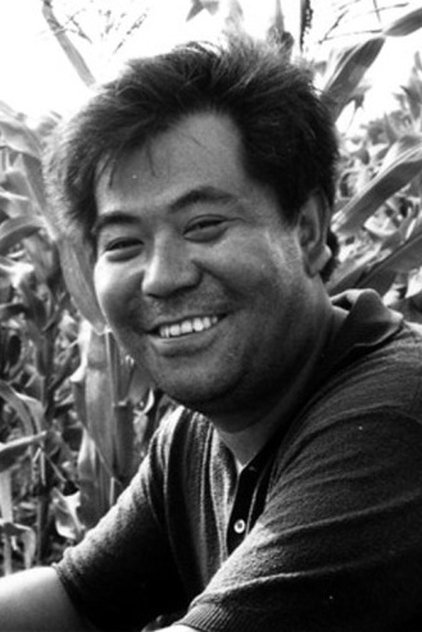Shinsuke Ogawa
Personal Info:
KNOWN FOR
Directing
GENDER
male
BIRTHDAY
1935-06-25
DAY OF DEATH
1992-02-07
PLACE OF BIRTH
Shiba, Tokyo, Japan
Shinsuke Ogawa
BIOGRAPHY
Shinsuke Ogawa (小川紳介, Ogawa Shinsuke) (25 June 1935 - 7 February 1992) was a Japanese documentary film director. Ogawa and Noriaki Tsuchimoto have been called the "two figures [that] tower over the landscape of Japanese documentary."
Ogawa began his career at Iwanami Productions (Iwanami Eiga) making PR (public relations) films alongside other important directors such as Tsuchimoto, Kazuo Kuroki, Yōichi Higashi, and Susumu Hani. Turning independent, he first made documentaries about radical political movements in 1960s and 1970s Japan, most famously the "Sanrizuka" or "Narita" series, which recorded the struggle by farmers and student protesters to prevent the construction of the Narita International Airport in Sanrizuka, Chiba Prefecture. He won the Directors Guild of Japan New Directors Award for Summer in Narita in 1970.
Ogawa's was a committed form of documentary, which clearly took the side of those combatting unjust power. A growing sense that he did not understand the life of the farmers he was filming, however, led Ogawa and his crew, collectively called Ogawa Productions, to leave for Magino in Yamagata Prefecture where they spent decades filming the life and histories of everyday farmers while living with them and pursuing agriculture. He often worked with the cinematographer Masaki Tamura. The "Magino" films became the epitome of Ogawa's stance towards documentary: that one can only record a reality that one has been truly immersed in. Ogawa was influential in the creation of the Yamagata International Documentary Film Festival, where the top prize in the Asia program was named after him. The film Devotion by Barbara Hammer is about Ogawa Productions.
Ogawa began his career at Iwanami Productions (Iwanami Eiga) making PR (public relations) films alongside other important directors such as Tsuchimoto, Kazuo Kuroki, Yōichi Higashi, and Susumu Hani. Turning independent, he first made documentaries about radical political movements in 1960s and 1970s Japan, most famously the "Sanrizuka" or "Narita" series, which recorded the struggle by farmers and student protesters to prevent the construction of the Narita International Airport in Sanrizuka, Chiba Prefecture. He won the Directors Guild of Japan New Directors Award for Summer in Narita in 1970.
Ogawa's was a committed form of documentary, which clearly took the side of those combatting unjust power. A growing sense that he did not understand the life of the farmers he was filming, however, led Ogawa and his crew, collectively called Ogawa Productions, to leave for Magino in Yamagata Prefecture where they spent decades filming the life and histories of everyday farmers while living with them and pursuing agriculture. He often worked with the cinematographer Masaki Tamura. The "Magino" films became the epitome of Ogawa's stance towards documentary: that one can only record a reality that one has been truly immersed in. Ogawa was influential in the creation of the Yamagata International Documentary Film Festival, where the top prize in the Asia program was named after him. The film Devotion by Barbara Hammer is about Ogawa Productions.
POPULAR MOVIES
acting
- 2002
- 1991
- 1981
- 1973
production
- 1978
- 1958
- 1957
directing
- 2001
- 1987
- 1982
- 1978
- 1977
- 1977
- 1975
- 1973
- 1972
- 1971
- 1970
- 1970
- 1967
- 1967
- 1966
- 1962
editing
- 1991
- 1978
